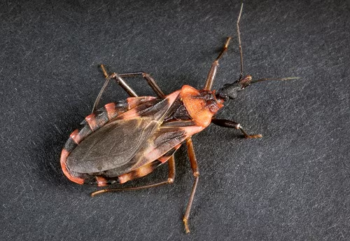If a friend or loved one is contemplating suicide, would you know it? If you knew it, would you know what to do?
The great majority of people who die by suicide showed warning signs. Knowing how to spot them and what you can do may help save a life.
Suicide claims the life of about one San Diegan every day. Mental health experts believe that for every suicide, six other people who were close to the victim suffer lasting emotional trauma.
“Suicide can be prevented,” said Alfredo Aguirre, Director of County Mental Health Services. “It’s important to know the warning signs and how to assist a suicidal person in need of help.”
Warning signs of suicide may include:
• Talking of hurting or killing oneself
• Hopelessness or helplessness
• Divorce, separation, stress on family
• Loss of health (real or imaginary)
• Loss of job, home, personal security
• Increased alcohol or drug use
• Isolation from family and friends
• Daring or risk-taking behavior
In addition to spreading the word about the warning signs of suicide, the County “It’s Up to Us” campaign,is offering residents a QPR course, which stands for Question, Persuade, and Refer.
The spots being displayed on television, radio and in print promote the County Access and Crisis Line where trained counselors offer advice on how to handle a mental health crisis, and can help callers with a specific issue. A new and easier-to-remember phone number will start operating Wednesday: (888) 724-7240.
The easiest way to remember the new number is to think of getting help 7/24. The line operates 7 days a week, 24 hours a day (724-724). The 0 is easy to remember as it is a number people call for help from an operator. All calls—about 7,000 per month—are answered in 60 seconds or less. The previous number will continue working until calls no longer come in on that line.
So what should you do when a person comes to you for help? If the person is in immediate danger, call 9-1-1.
You should also:
• Take it seriously
• Listen; suicidal behavior is a call for help
• Ask: Are you having thoughts of suicide?
• Don’t leave person alone
• Urge professional help
• Get help right away
“When a friend or a loved one comes to you for help, take it seriously. Ask if he or she is having thoughts of suicide or ending it all,” Aguirre said. “That simple conversation can help save a life.”
For more information about suicide, risk factors, warning signs and how to get help, visit It’s Up to Us.




